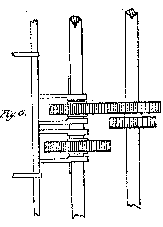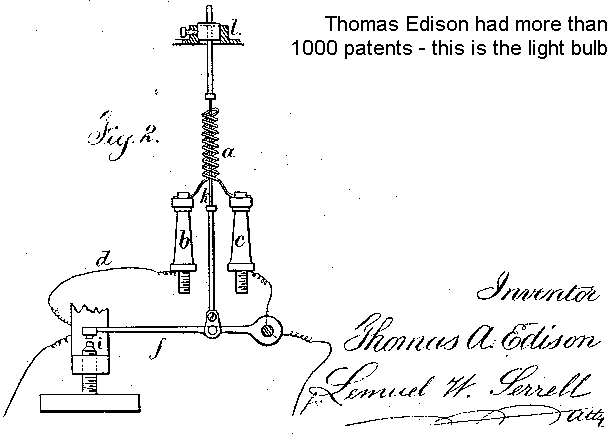Patents
A patent is a somewhat faustian pact between an inventor and the state. In return for being granted a monopoly for a certain period of time, a new and inventive mechanism must be fully disclosed and published so that it can be copied by others after the patent protection period has expired.
Although there were early patent co-operation treaties signed at the end of the nineteenth century, it is only relatively recently that European and US patent offices have had similar rules about what can and cannot be patented.


Patents are not considered essential, especially for a start-up, and there is the common feeling that "We'll do it later". Patents are hard to understand and considered expensive to file.
US patents are widely derided as irrelevant jokes which won't affect European companies.
This ignorance is dangerous. If you don't patent something then probably someone else will. And the growing number of companies trading mainly as IP exploitation companies (SCO for example) means that if you infringe a patent you'll end up paying for it.
